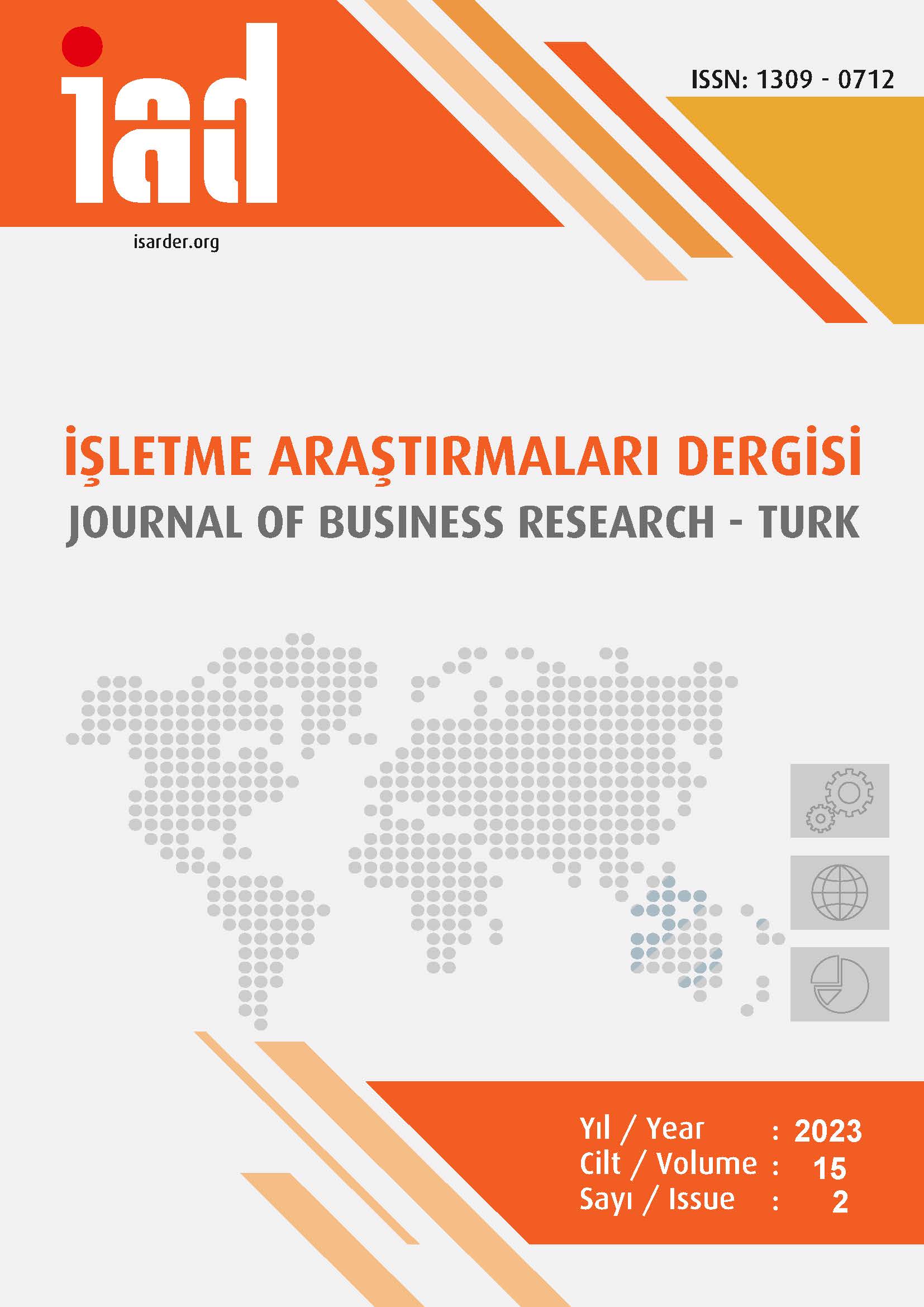The Moderating Role of Psychological Well-Being in the Relationship Between Emotional Labor and Job Satisfaction
DOI:
https://doi.org/10.20491/isarder.2023.1648Keywords:
Emotional Labor, Psychological Well-Being, Job SatisfactionAbstract
Purpose -This study was conducted to determine whether psychological well-being has a moderating role in the relationship between emotional labor and job satisfaction. Design/methodology/approach – In the study, questionnaire application, one of the quantitative research methods, was applied to 300 law firm employees. In the research; SPSS, SPSS Process and AMOS programs were used, hierarchical regression analysis, correlation analysis and moderating effect analyzes were performed and the results were interpreted. Findings – As a result of the research, a negative relationship between surface behavior and internal satisfaction, which is one of the emotional labor sub-dimensions, and a positive relationship between deep behavior and external satisfaction; It has been determined that there is a positive relationship between sincere behavior and internal satisfaction and external satisfaction. It has been determined that sincere behaviors have a positive effect on internal and external satisfaction and psychological well-being has a high regulatory role on this effect. Discussion – In the study, it was tried to reveal that emotional labor is related to job satisfaction, sub-dimensions of emotional labor affect job satisfaction and psychological well-being variable plays a moderator role on this effect. However, it was concluded that only sincere behaviors from the emotional labor sub-dimension positively affect internal and external satisfaction and that psychological well-being has a moderating effect on this effect. In the study, it is seen that superficial behavior and deep behavior, which are sub-dimensions of emotional labor, do not affect job satisfaction either positively or negatively.
Downloads
Published
How to Cite
Issue
Section
License

This work is licensed under a Creative Commons Attribution-NoDerivatives 4.0 International License.





